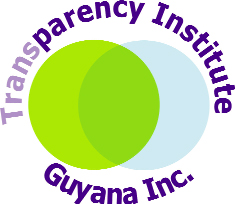“Access to public records gives citizens the opportunity to participate in public life, help set priorities, and hold their governments accountable. A free flow of information can be an important tool for building trust between a government and its citizens. It also improves communication within government to make the public administration more efficient and more effective in delivering services to its constituency. But, perhaps most importantly, access to information is a fundamental human right and can be used to help people exercise other critical human rights, such as clean water, healthcare, and education. Access to information has been more recently recognized as an instrument that can be utilized to fight poverty in developing nations.” The Carter Center, Americas programme.
We think the quotation is not only relevant to the discussion on the topic of this week’s column but also because of The Carter Center’s role in the Jamaica’s Access to Information Act from its conception in 1998 to 2007 when the Center closed its field office in

